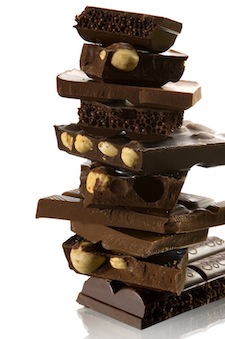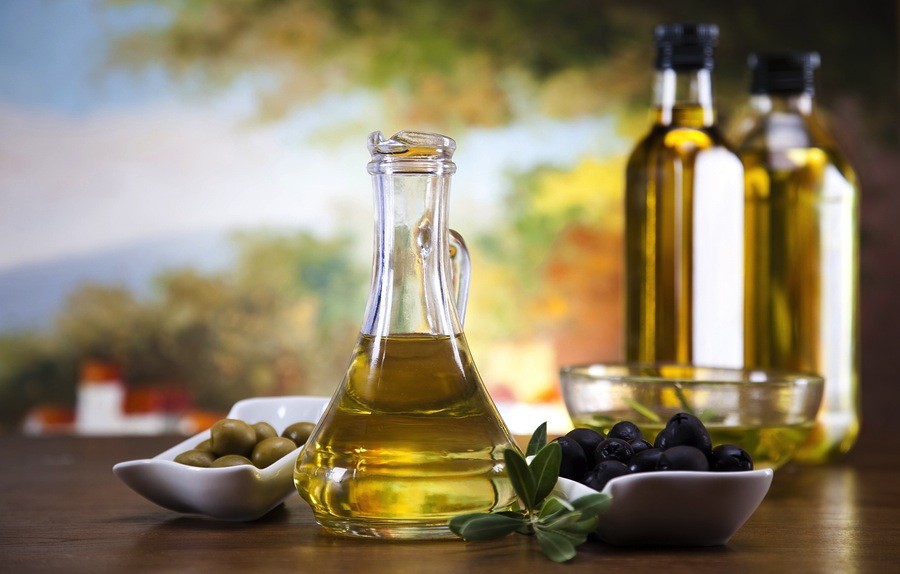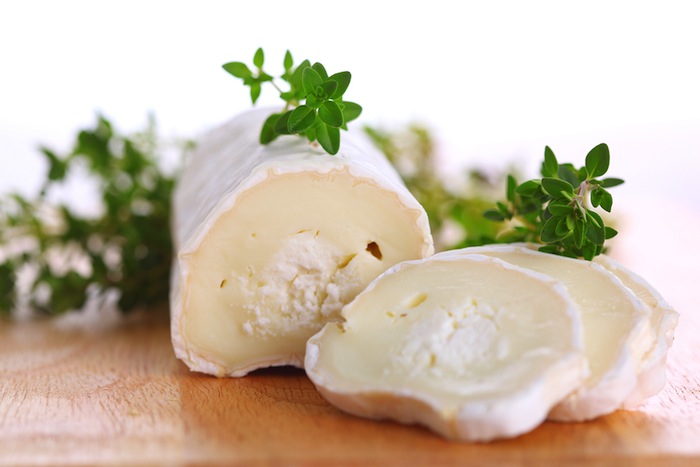It’s over. Sob. What ARE we going to do without it? In honour of the end of Breaking Bad we found out which of our bad habits we don’t have to give up
WINE It’s no secret that drinking large amounts of alcohol is strongly associated with breast cancer, liver and heart disease. What’s more, binge drinking – defined in women as three pints of beer or six small glasses of wine or spirit measures – is on the rise with one in five women (and a third of men) consuming more than the recommended 14 units of alcohol a week. But a strong body of evidence suggests that a single glass of red wine a night can help ward off heart disease and could extend lifespan, thanks to its being rich in the antioxidant resveratrol. Resveratrol helps lower unhealthy LDL cholesterol and raises healthy HDL cholesterol.
Do it well Stick to one glass of quality red each night, as exceeding that limit can undo all the benefits and impair liver function. If you tend to get terrible headaches even from small amounts, you may be reacting to chemicals such as ‘sulphites’ in white wine and ‘congeners’ in red and may benefit from choosing organic.

Do it well Most of the benefits of chocolate are found in dark varieties containing at least 65 per cent cocoa. Stick to a few quality squares a day. It’s difficult to binge on quality dark chocolate, it’s too rich. Chocolate shouldn’t contain more than six ingredients: cocoa, butter, soy lecithin, vanilla, sugar and milk with no corn syrup which wreaks havoc on blood sugar or trans-fats listed as ‘hydrogenated’ or ‘partially-hydrogenated vegetable fats’ found in many commercial chocolates. Read the label.
MEAT Meat from lamb, beef and game provides ‘complete’ protein with all eight amino acids necessary for muscle-building, something few vegetarian sources can provide. Not getting enough protein can cause symptoms like depression, moodiness, insomnia, fatigue and poor concentration. Plus, meat is a vital source of vitamin B12 which helps energy production and iron, a deficiency of which can cause anaemia and fatigue.
Do it well Try and eat vitamin-C rich foods such as tomatoes or spinach with red meat, to increase your iron absorption. To boost your intake of omega-3 fatty acids, opt for wild game such as duck, venison or rabbit and ask at the meat counter whether the meat you are buying has been grass fed as meat from grass fed animals is far higher in omega-3s than those fed on corn or soy (most organically produced meat have been grass-fed). Always choose the leanest cuts possible and if you can afford it, go organic. Opt also for lean, grass fed and eat it less often, say three times a week. The rest of your protein can come from healthy, low-fat sources such as chick peas, beans, grains and lentils.
FAT For decades we’ve believed all fat is bad, but the right fats can help control appetite, stabilize blood sugar and burn fat. We now know not all fats are created equal. There are essential fats, such as omega-3 fatty acids which the body can’t make itself, as well as healthy fats, called Monounsaturated Fatty Acids or MUFAs which can help you lose weight. A 2007 study found a diet high in MUFAs prevented participants from putting on fat around their middles. There are also the saturated fats which we only need in limited amounts, and found in meat, dairy, butter and coconut fat. Most dangerous are man-made trans-fats, and created when food processors inject hydrogen molecules into oils to make them hard at room temperature, and found in many commercial cakes, biscuits and sweets as well as many take away deep-fried foods. These should be kept to a minimum as they are strongly linked to heart disease, weight gain and infertility.
Do it well Don’t be afraid of enjoying good fat in moderation. A Spanish study found that consuming one teaspoon daily of peanut butter could promote long-term weight loss and a teaspoon of butter at each meal is beneficial in terms of keeping us full for longer (and helping food taste better!). Essential omega-3 fats can be found in oily fish, such as salmon, tuna and mackerel as well as venison, flaxseeds and grass fed meat and poultry. The best MUFA sources are olives, coconut oil, avocados, olive oil, nuts and seeds and dark chocolate. Try and eat at a little of each every day. Where you can, avoid foods containing trans-fats, listed on labels as ‘hydrogenated’ or ‘partially hydrogenated vegetable fat/oil’
CHEESE Cheese provides essential calcium, important for women in helping prevent osteoporosis in later life and to the functioning of vital organs. What’s more, as a certain amount of calcium is circulated in the blood, if the body is lacking it from the diet, it may leech calcium from bones, leading to bone loss, and because it’s excreted by the body daily, we need to eat a little each day.
Do it well Generally speaking, the harder the cheese the higher the fat content so if you’re worried about fat you can choose the softer cheeses. Our daily recommended intake of calcium should be about 1000 milligrams – 40 grams of cheddar cheese (about a matchbox size chunk) contains 310mg calcium, a 200 gram tub of natural yoghurt contains 340mg and a glass of skim milk contains 310mg.
Like this article? Sign up to our newsletter to get more articles like this delivered straight to your inbox.
























































